

Odds are you know someone suffering from addiction
Addiction is a disease that changes the brain. It’s a chronic illness that can happen to anyone, like cancer, diabetes and arthritis. And it’s rampant: one in 10 of our neighbors lives with a substance use disorder. Yet there was virtually no community awareness about this growing public health crisis.
The Health District tapped Toolbox to activate awareness
of addiction, squelch stigma and promote understanding of the disease.
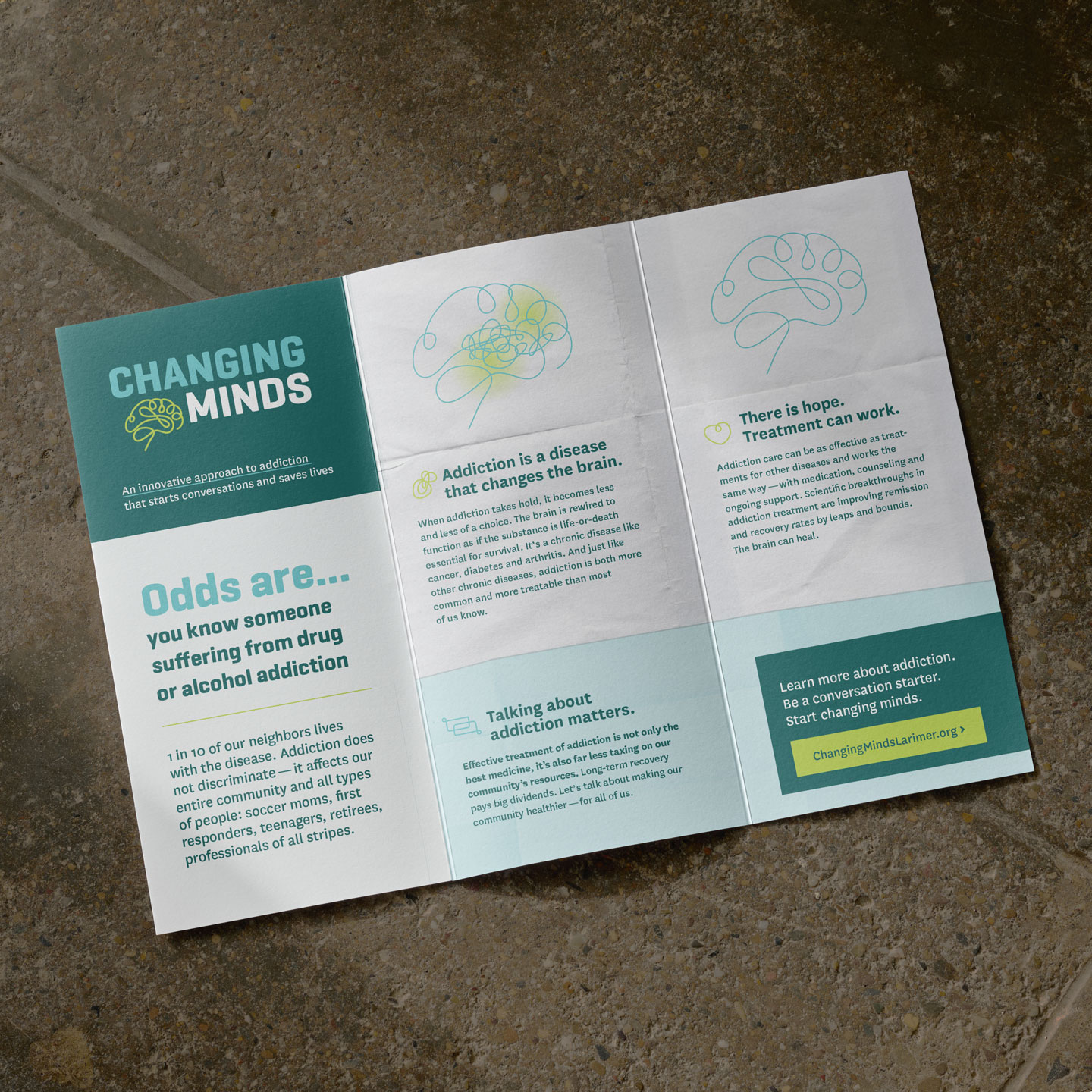

Rethinking addiction
Toolbox came up with the Big Idea and named the campaign Changing Minds: a factual statement that addiction physically changes the brain, as well as a call to action for people to change the way they think about substance use disorders. Positive messaging broke down barriers between us (the community) and them (those living with addiction), presented the brain science in a nonjudgmental way and articulated the real cost of addiction in our community.
- Fact-based explanations of addiction and effective treatment options
- Real-life stories of our neighbors living in recovery
- Resources for those experiencing the disease
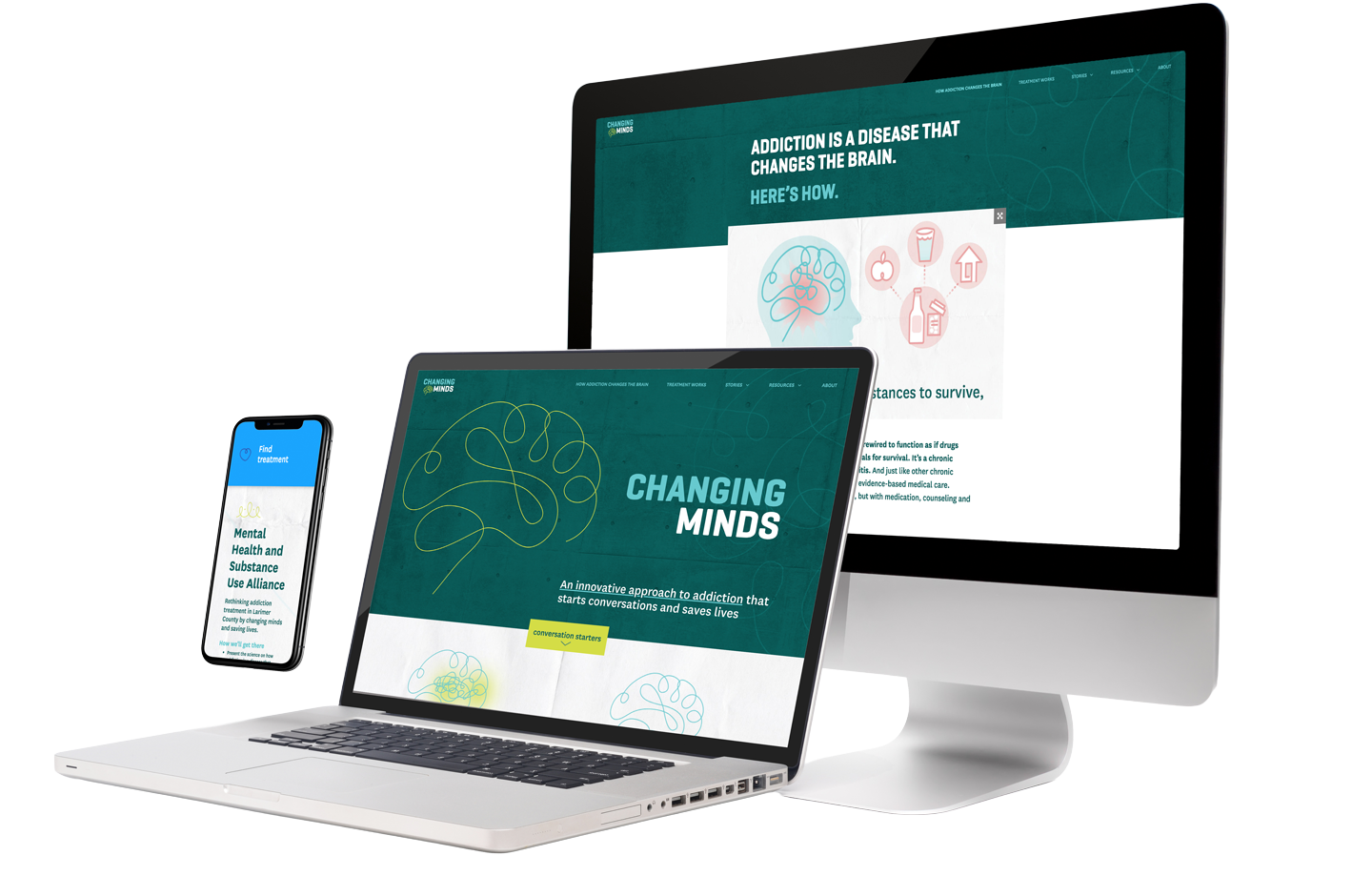
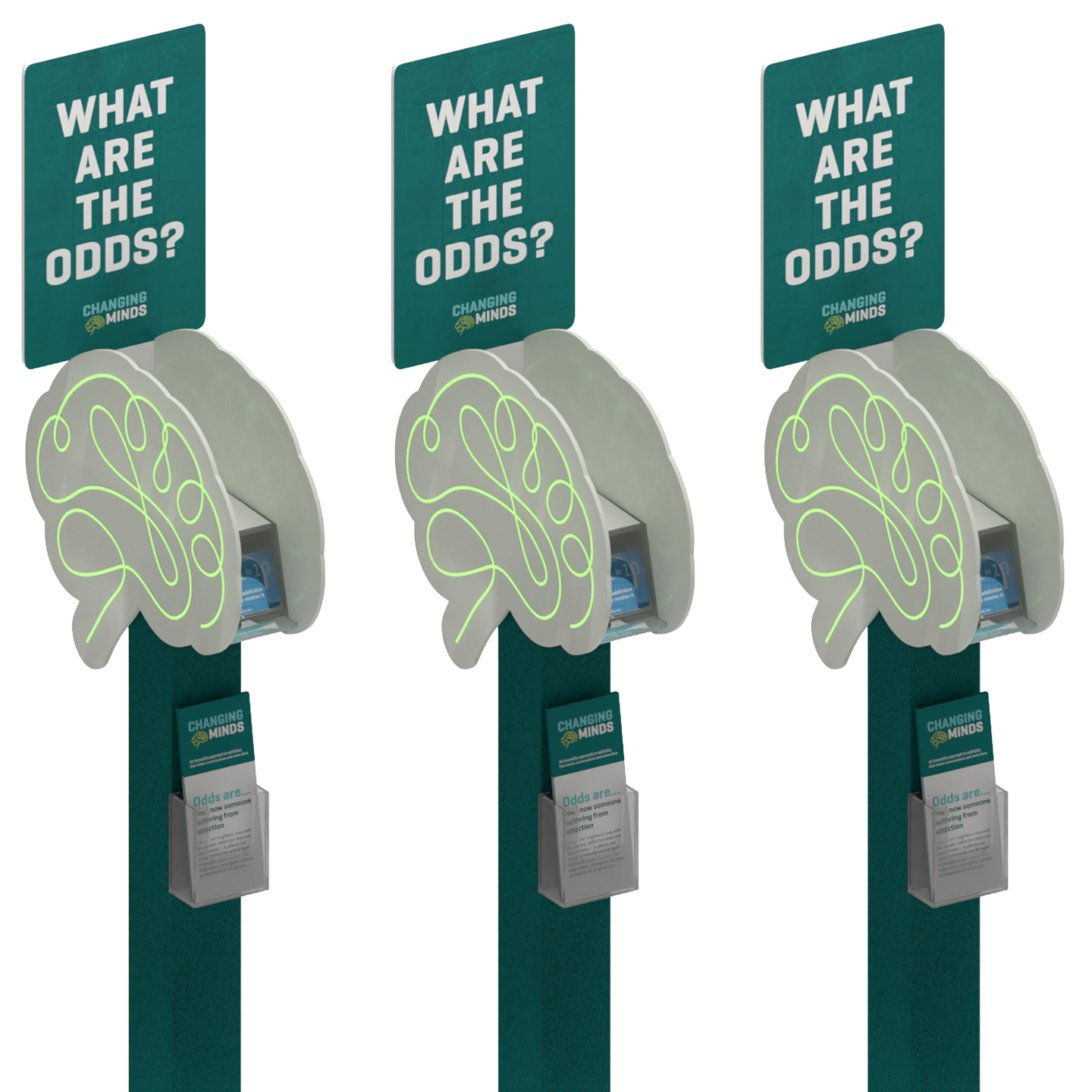
Brain power
We hooked the Health District up with interactive Brain Pods to install at community events and high-traffic areas. The light-up brains were stuffed with facts and staffed by Health District experts, all in service of starting conversations about addiction.
Hands-on engagement is one of the most powerful tools for learning and retention, quite literally the best way to change minds.

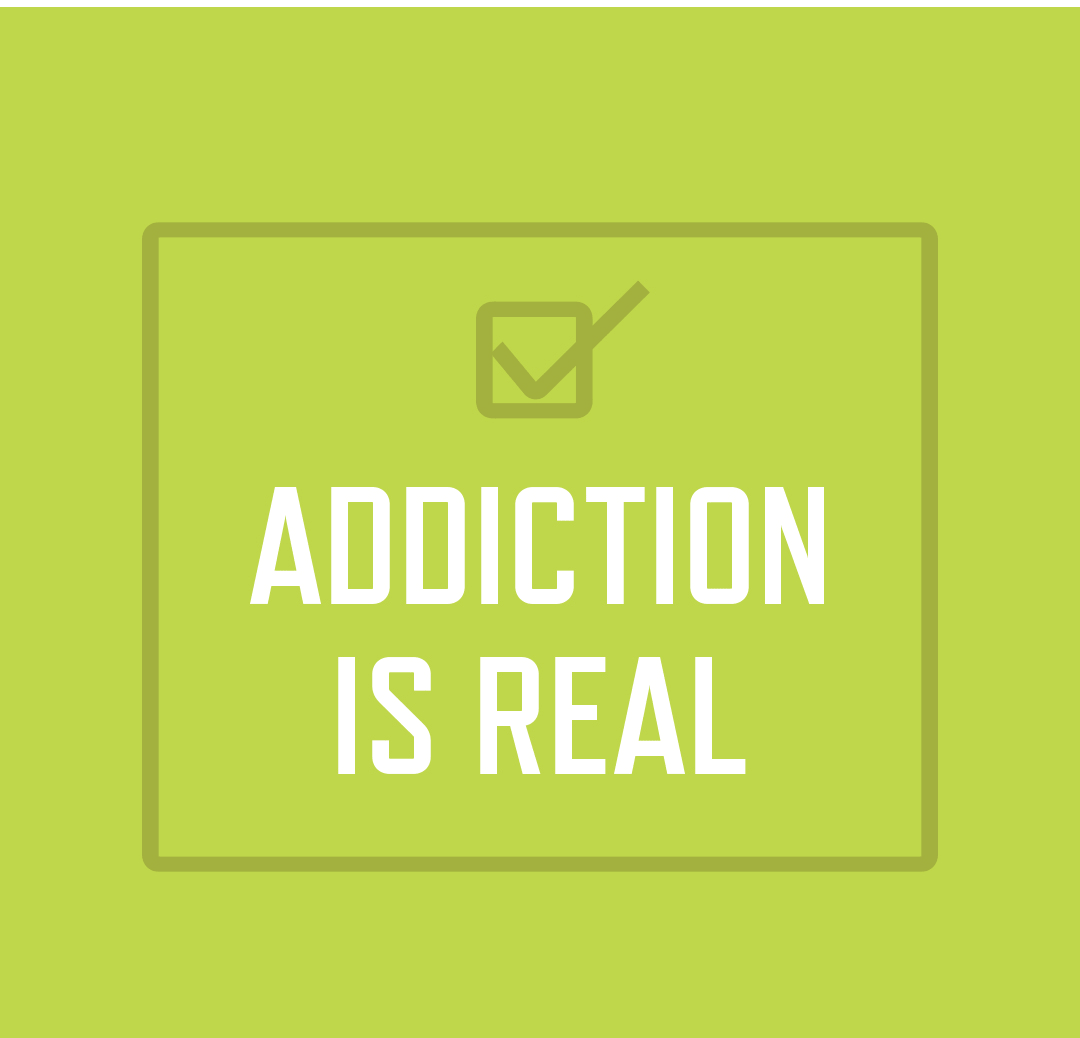
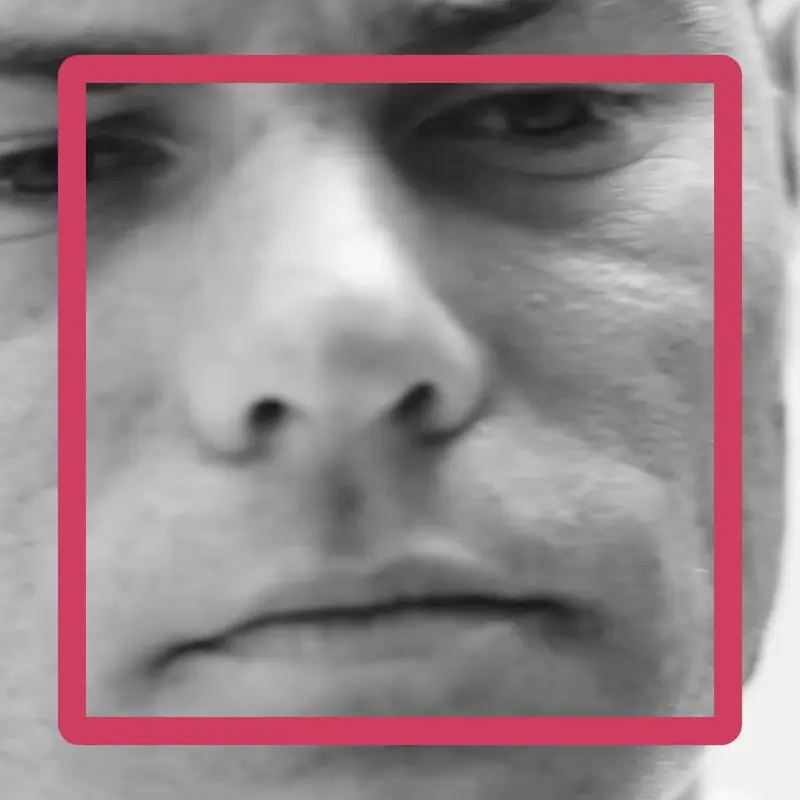
Words matter
Leading the community conversation about addiction starts with how we talk about it. Changing Minds defines language that alleviates stigma, aligns with science and respects those who are struggling.
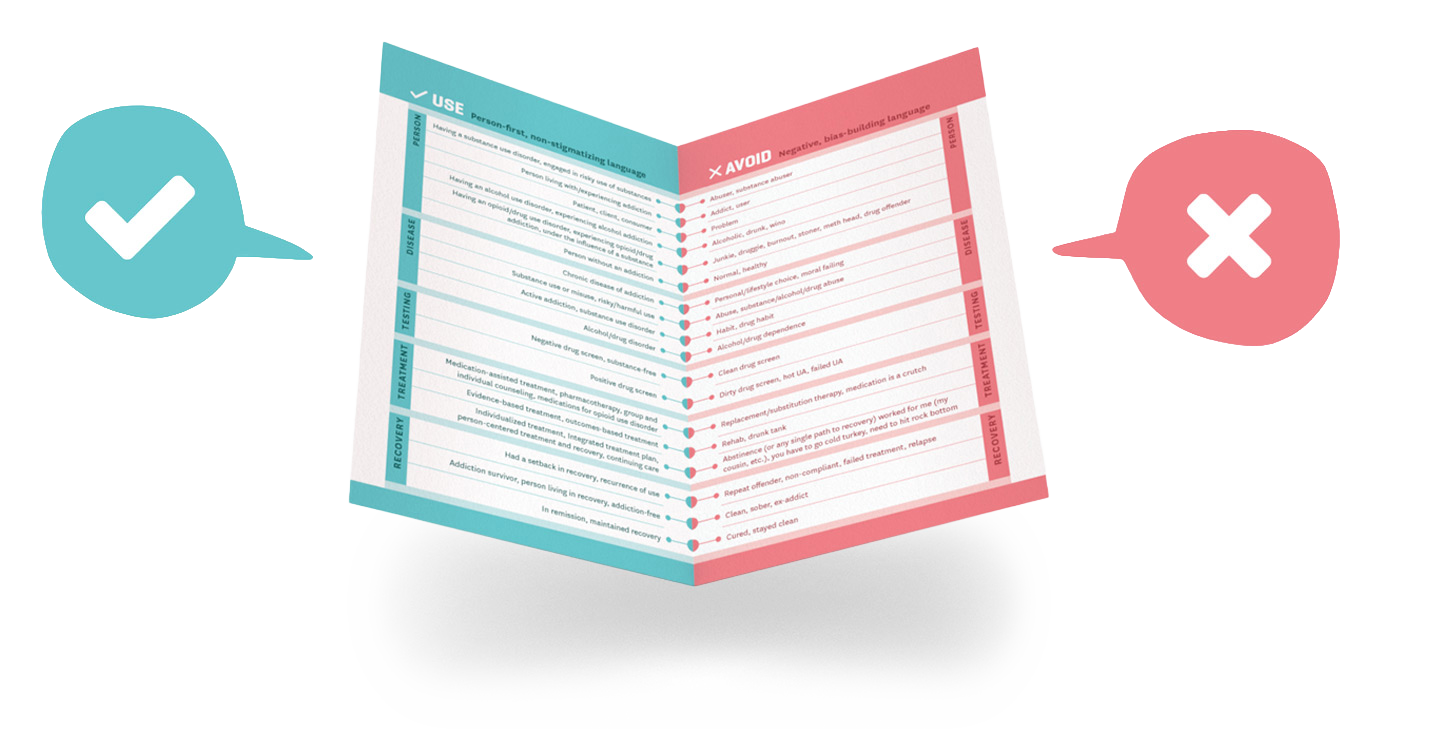
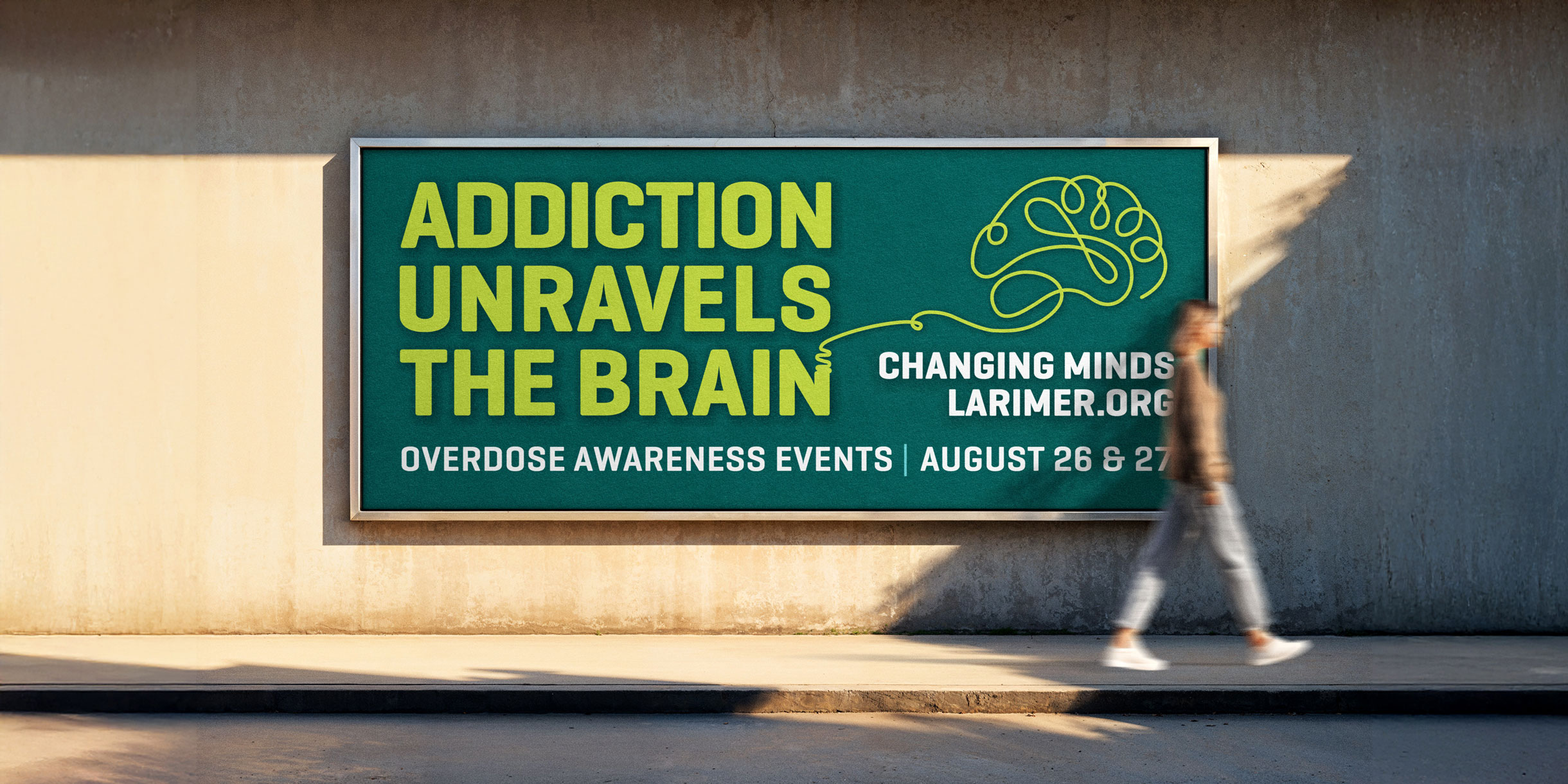
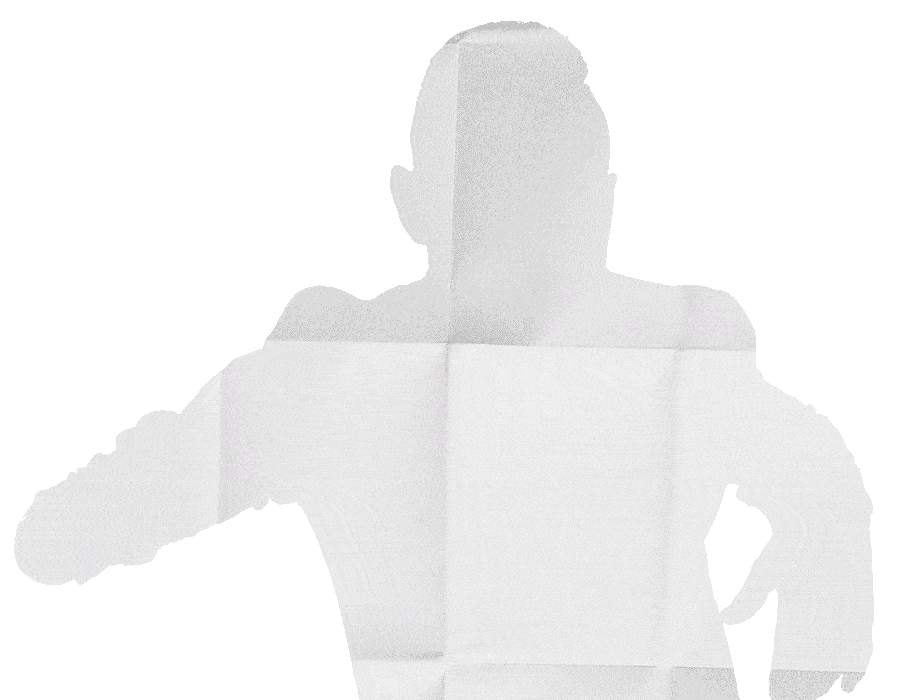
Living proof
Sharing stories of people in our community living with addiction makes it all too clear that addiction is a disease, not a choice. Real-life experiences help build understanding, break down stigma and show that recovery is possible.

Making a difference
Feedback has been overwhelmingly positive, with more than one addiction care expert declaring it the best explanation of substance use disorders they’ve ever seen.













